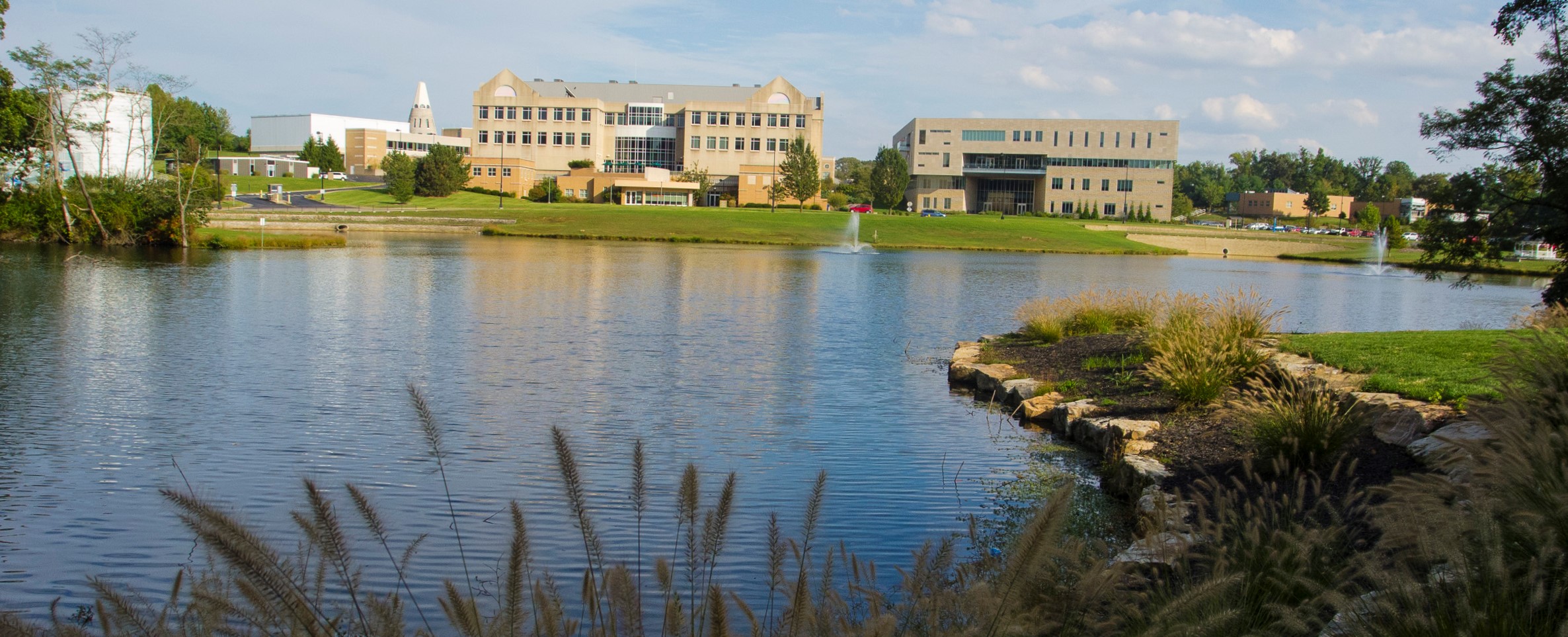Political Science and Public Administration
Mission and Vision
The Political Science and Public Administration Department seeks to provide students with a learning experience that will equip them to face the challenges of an increasingly complex job market and prepare them to become active and engaged citizens at the local, national and international levels. The political science program provides students with a broad-based political education that is grounded in the field's theoretical traditions. This includes a strong background in the fundamental branches of our discipline: American politics, comparative politics, international politics, political theory and public administration. Political science students acquire practical experience and develop connections in the community through a variety of legal internships. Our extracurricular activities, such as the Political Science Society, help students become engaged in local politics. Students gain abilities to critically assess contemporary political events and identify practical solutions to social problems. Political science majors develop analytical and methodological skills that will serve them well regardless of their chosen profession.
Training Indiana’s future political and civic leaders.
Learning Outcomes
Students will have a basic knowledge of major concepts in the discipline's main subfields.
Students will be able to apply basic research methods and data analysis to make empirically informed decisions.
Students will be able to critically assess and evaluate theories, concepts, and arguments.
Students will be able to relate theoretical knowledge to practical real-world situations.
Philosophy
Mission and Vision
Commensurate with the University’s mission of “preparing students to live wisely,” the mission of the Philosophy Program is to acquaint students with the ideas and tools necessary to live a thoughtful and examined life in a diverse world. The study of philosophy clarifies and deepens students’ understanding of foundational ideas and issues such as the possibility of knowledge and wisdom, the requirements of rationality, the existence of divinity, the nature of morality and justice, and the relationship between mind and body. The Philosophy Program also gives students an opportunity to familiarize themselves with important critical thinking tools including the application of theory to practice, the development of a reasoned argument, the evaluation of claims, the appreciation of diverse perspectives, a healthy skepticism, and the organization and communication of information. Ultimately, the Philosophy Program seeks to prepare students to deal with the complexities of life, which offers challenges that are often neither simple nor obvious.
The vision of the Philosophy Program at the University of Southern Indiana is to acquaint students with the ideas and tools necessary to live a thoughtful and examined life in a diverse world.
Learning Outcomes
Thinking objectively about issues and arguments, not being unduly swayed by emotion and irrational personal preferences.
Thinking independently rather than primarily relying on others’ opinions.
Developing open-mindedness, including understanding opposing views and appreciating the need for this understanding.
Recognizing the myriad ways that philosophical principles apply to everyday experiences and life, such as how ethical theories apply to contemporary social issues.
Cultivating critical and analytical thinking: penetrate deeply and critically into issues, rather than merely settling for a superficial understanding. Synthesize and contrast various abstract ideas.
Accepting both personal and social responsibility.
Acquiring a broad perception of the world and the interconnectedness of its inhabitants, including a basic understanding of major historical philosophical figures and themes.
Communicating clearly and succinctly both orally and in writing.
